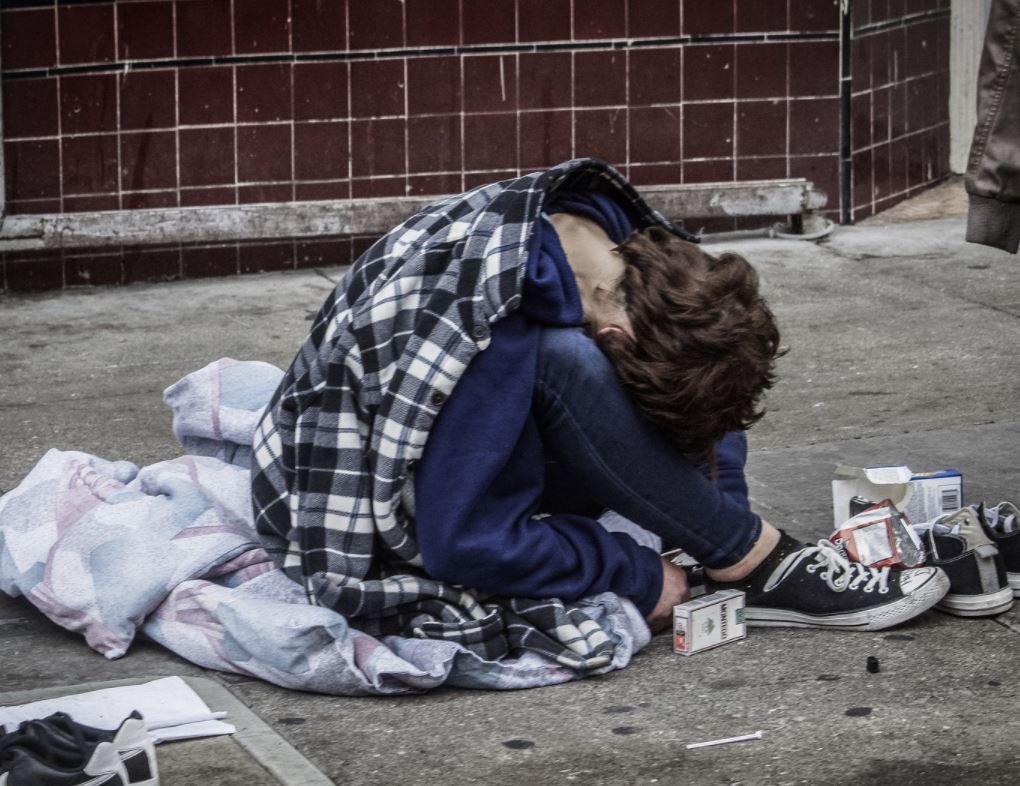
Progressive Policies are Worsening Addiction and Increasing Drug Deaths
Since liberalizing drug laws 20 years ago, deaths from illicit drugs rose from 17,000 to 93,000.
“Victimology takes the trust that it is wrong for people to be victimized and distorts it by going a step further. Victimology asserts that victims are inherently good because they have been victimized. it robs individuals of their moral agency and creates double standards that frustrate any attempt to criticize their behavior. Even if they are behaving in self-destructive, antisocial ways…Such reasoning is obviously faulty. it purifies victims of all badness. But by appealing to emotion, victimology overrides reason and logic.”
“Progressives don’t trade away Fairness for victims, only for those they see as privileged. Progressive still value Fairness, but more for victims, and their progressive allies, than for everyone equally, and particularly not for people progressives view as the oppressors and victimizers…Progressives also value Authority and Loyalty for victims above everyone else.
What kind of a civilization leaves its most vulnerable people to use deadly substances and die on the streets? What kind of city regulates ice cream stores more strictly than drug dealers who kill 713 of its citizens in a single year? nd what kind of people moralize about their superior treatment of the poor, people of color, and addicts while enabling and subsidizing the conditions of their death?
Shellenberger covers all of this in his book - San Fransicko : Why Progressives Ruin Cities - In a lot more detail

A Must Read: The New Meth
“Remarkably, meth rarely comes up in city discussions on homelessness, or in newspaper articles about it. Mitchell called it “the elephant in the room”—nobody wants to talk about it, he said. “There’s a desire not to stigmatize the homeless as drug users.” Policy makers and advocates instead prefer to focus on L.A.’s cost of housing, which is very high but hardly relevant to people rendered psychotic and unemployable by methamphetamine.”
"Tents themselves seem to play a role in this phenomenon. Tents protect many homeless people from the elements. But tents and the new meth seem made for each other. With a tent, the user can retreat not just mentally from the world but physically. Encampments provide a community for users, creating the kinds of environmental cues that the USC psychologist Wendy Wood finds crucial in forming and maintaining habits. They are often places where addicts flee from treatment, where they can find approval for their meth use."
“There is no central villain in the P2P-meth story—no Purdue Pharma, no dominant cartel. There’s no single entity to target, either. So the issue is often enveloped in a willful myopia. Advocates for homeless people seem reluctant to speak out about the drug, for fear that the downtrodden will be blamed for their troubles.”
At last, folks have started to acknowledge what neighbors have known and seen for the last three years. The tent cities in Denver are not folks "one paycheck away" from losing their homes". They are not families or seniors. These tent cities are meth towns - filled with people who are deep in a very dangerous addiction.